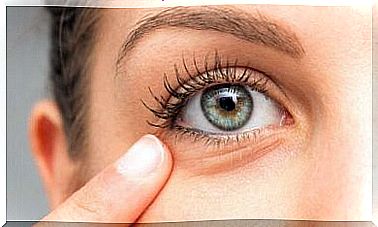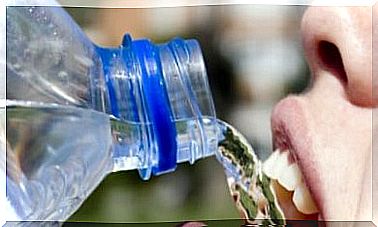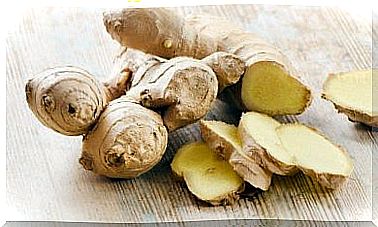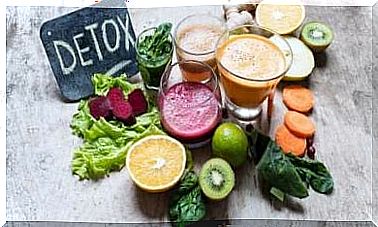Baby’s Summer Hydration
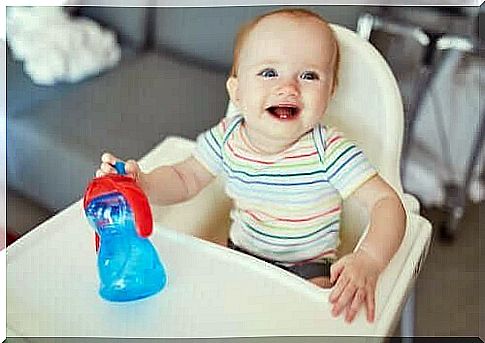
The baby’s hydration in summer is similar to the hydration needs of children in general, however, it registers some peculiarities. Special situations such as diarrhea and vomiting require special care and, therefore, a greater supply of water.
Baby’s hydration in summer and skin care
Adequate hydration of babies’ skin can prevent atopic dermatitis, which is characterized, among other things, by dry skin, which can sometimes be damaged and thus present a risk of infection.
Hydration of the baby in normal situations
The baby’s hydration on common days of mild temperatures is related in part to the type of food. With regard to breastfed babies, their water needs are covered, as formula-fed or semi-solid baby food must be given additional water.
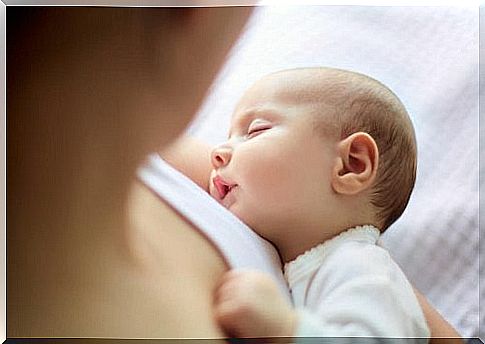
How much is a lot? How much is little?
Although it seems like a simple task to know the amount of water needed by babies, it is not always. How to determine it? Do we measure to our own desire? Did we see a pediatrician?
According to a survey carried out by Miguel Angel Rodríguez – Weber and collaborators: « Special considerations are necessary to calculate the water requirements of newborns and infants; however, all your water needs should be covered with breast milk or milk substitutes ».
At the same time, the authors emphasize that:
- “Fluid requirements in pediatric age can be calculated according to the calories consumed (100 ml per 100 Kcal) by weight, or as total fluid consumption”.
- « Water requirements can be higher in warm climates and, in the case of older children, when they engage in more intense physical activity. However, it is not recommended that these requirements be covered with sugary or energy drinks».
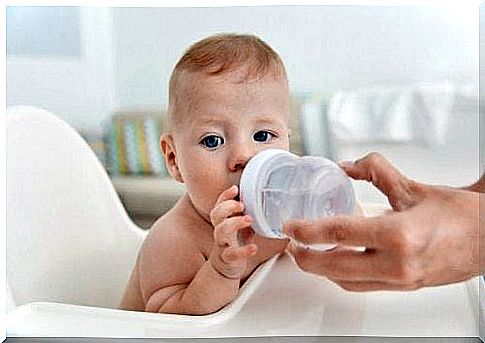
Some Frequent Mistakes Related to Baby’s Water Intake
In newborns, as stated by Rodríguez, Weber and collaborators:
- “It is possible to appear complications due to an incorrect preparation of the milk formula: when there is acute excessive dilution”.
- Furthermore, “water intoxication or malnutrition can be produced when it occurs chronically ”.
- «When the formula is more concentrated than specified, it can generate dehydration and hypernatremia » which corresponds to the increase of sodium in the blood.
Some signs to identify possible dehydration in the baby
Although it is better to prevent the appearance of signs and manifestations of dehydration in the baby, when they do exist, their early identification can make a difference. Thus, the following signs may indicate possible dehydration:
- Restlessness, drowsiness or even irritability.
- Cold or sweaty skin.
- Low energy levels, where the baby appears lethargic or very weak.
- Scarce or absence of tears during crying, which in these cases is of a low tone.
- Complaint.
- Dry mouth or tongue mucosa.
- Deep eyes as well as the soft area – called fontanelle – of the head.
- Reduction in the amount of urine or the same with more concentrated color.
Final considerations
- The topic of baby intake and water requirements, and even more so in the summer, is not something to be overlooked.
- Furthermore, low intake of water that does not meet requirements is just as harmful as excessive intake. Both can generate potential damage.
- Therefore, consulting with your healthcare professional about your baby’s water needs is an essential task and we suggest that you do not miss it, even if this question seems trivial or unimportant.



